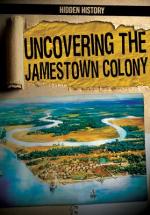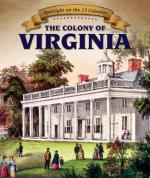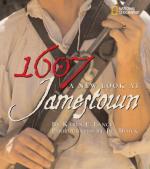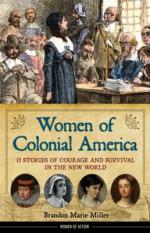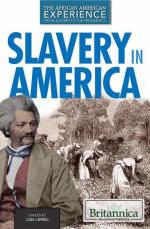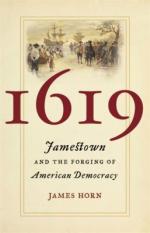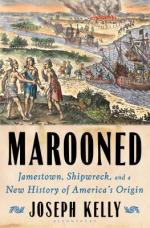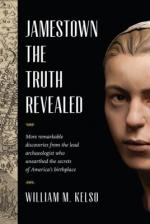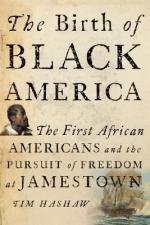June 17, 2019 | strande
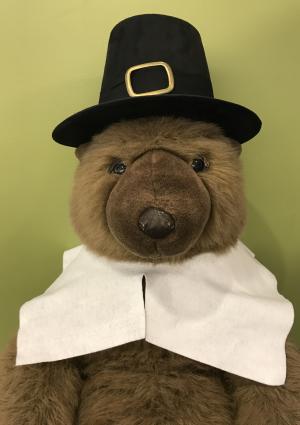
1619 was a very busy year in and around Jamestown, Virginia. The business of getting a colony up and running was in full swing, and more than a decade after the first colonists arrived, they were still hard at work. Some of the momentous tasks taken on during the latter half of 1619 include beginning official self-governance, the landing of the first documented Africans in Virginia, the beginning of an official recruitment drive for colonial women, and the stated intention of beginning an annual Thanksgiving tradition. The schedule would have looked something like this:
- From July 30 - August 4, 1619, the first representative legislative assembly took place in Jamestown.
- In August of 1619, Africans were brought to Virginia and sold.
- In November of 1619, the Virginia Company began actively recruiting females to provide stability to their colony.
- December 4, 1619, settlers arrived at Berkeley and presumably held the first official Thanksgiving celebration.
These milestones resonated through our history and still impact what the United States is today. Investigate the 400-year-old history of our nation, its government, and its people. The following suggested titles might help you get started.
What was Jamestown? This book covers the first settlers, the problems they faced, and how Jamestown led to the larger colonization of the American continent.
What was Virginia like at the beginning? Read about Virginia's origins, industry, and early adoption of democratic traditions, as well as notable figures and events during its time as a colony.
Compelling new theories, a National Geographic period map, and stunning reenactment photography take us back to Jamestown in 1607, where the course of our country's history changed forever.
In colonial America, hard work proved a constant for most women--some ensured their family's survival through their skills, while others sold their labor or lived in bondage as indentured servants or slaves. Yet even in a world defined entirely by men, women found ways to step forth. The first two women examined are from the Jamestown area in its early days.
Join author Sally M. Walker as she works alongside the scientists investigating colonial-era graves near Jamestown, Virginia, as well as other sites in Maryland.
How did something like the slave trade start anyway? Read about the origins of the slave trade and the effect of its practice on the politics and economy of the United States, including the hierarchy of southern plantations, slave codes, and the eventual abolitionist movement.
Jamestown, the cradle of American democracy, also saw the birth of our nation's greatest challenge: the corrosive legacy of slavery and racism that have deepened and entrenched stark inequalities in our society.
In this gripping account of shipwrecks and mutiny in America's earliest settlements, Kelly argues that the colonists at Jamestown were literally and figuratively marooned, cut loose from civilization, and cast into the wilderness. The epic origin of America was not an exodus and a fledgling theocracy. It is a tale of shipwrecked castaways of all classes marooned in the wilderness fending for themselves in any way they could--a story that illuminates who we are today.
Refuting the old stereotype that attributed the high mortality rate of the Jamestown settlers to their laziness and ineptitude, here we see a vivid picture of the settlement that is far more complex, incorporating recent archaeology and twenty-first-century technology to give Jamestown its rightful place in history.
The voyage that shaped early America was neither that of the Susan Constant in 1607 nor the Mayflower in 1620. Absolutely vital to the formation of English-speaking America was the voyage made by some sixty Africans stolen from a Spanish slave ship and brought to the young struggling colony of Jamestown in 1619.

